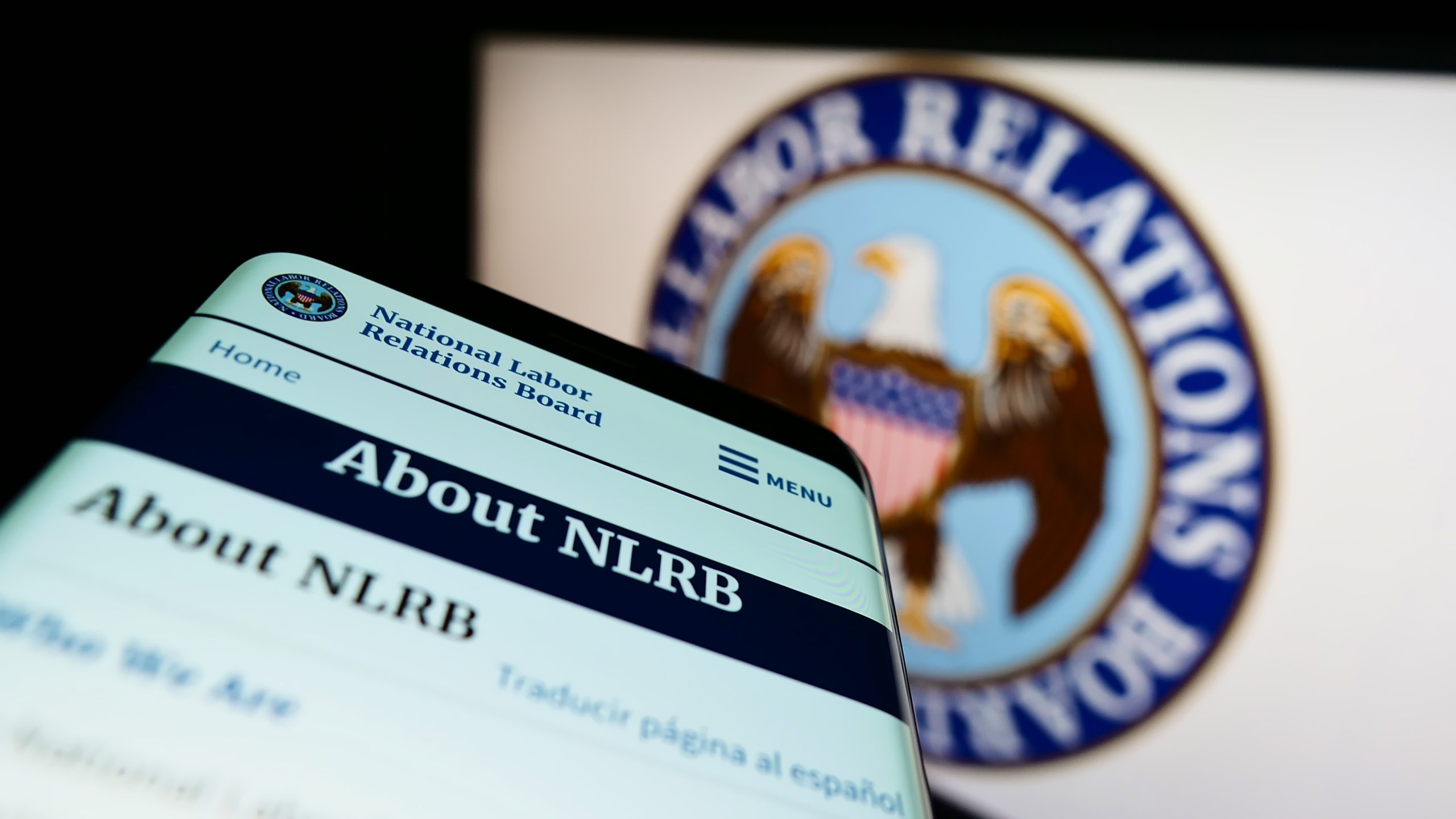The National Labor Relations Board proposed elimination of the 2020 “blocking charge” rule that prevents unions from blocking or delaying decertification elections. According to the University of Wisconsin, decertification is “a vote by members of a collective bargaining unit to dissociate from the union that represents them.” The rule change has the support of the country’s largest union, AFL-CIO.
NLRB Chair Lauren McFerran, a supporter of eliminating the blocking charge rule, said the proposal “would better protect workers’ ability to make a free choice regarding union representation, promote stability in labor relations, and more effectively encourage collective bargaining.”
Despite McFerran’s assertions, eliminating the rule allows unions to block or delay decertification elections for an unspecified and indefinite period of time. As Reuters noted, unions typically use blocking charges “to put off decertification votes and elections that they believed they would lose.”
AFL-CIO, which sued the NLRB when the rule was instituted in 2020, supports eliminating the rule. In their lawsuit, legal counsel representing AFL-CIO acknowledged that if the blocking charge rule is eliminated, it would delay decertification “election or its results… for months or years.”
Fisher Philips, a law firm which represents employers in labor lawsuits, said that by eliminating the rule, unions will have “tactical means by which to indefinitely delay representation and decertification elections that could ultimately go against them.” Without the rule, ballots in decertification elections “could remain unresolved for an indefinite period of time” and the election results could be delayed through “a potentially protracted administrative process.”
If the blocking charge rule is eliminated, unions could block and delay decertification elections, helping existing unions remain in place against employees’ wishes.
NLRB’s proposal will undergo a 60-day public comment period. Members of the public may submit comments here, in support of or against a proposed rule during the 60-day time frame.
